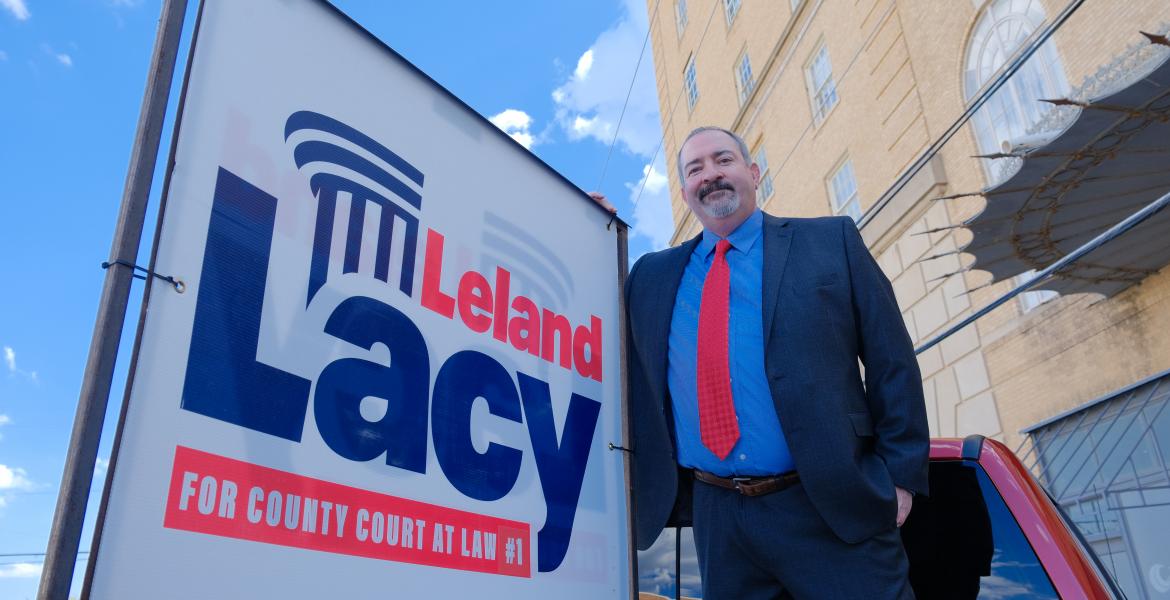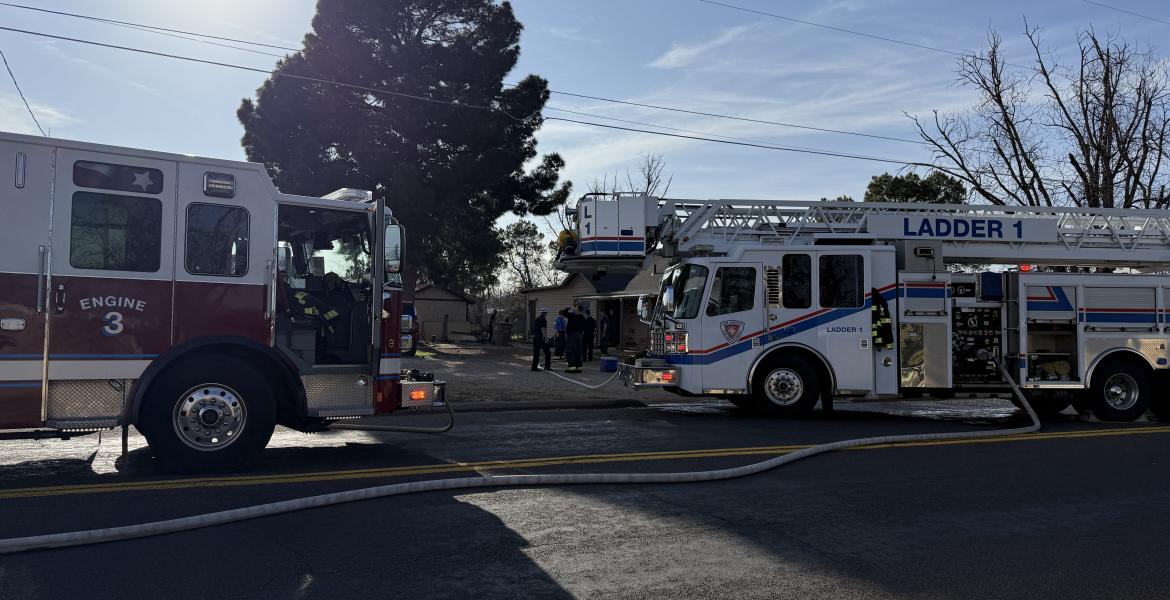By Terri Langford, The Texas Tribune, Data reporting by Dan Keemahill, The Texas Tribune
AUSTIN, TX — Before the pandemic helped fuel the growth of vaccine skepticism across the country, less than 1% of Austin school district’s kindergarteners in the fall of 2019 failed to comply with the state’s vaccine reporting requirements.
Five years later, Austin ISD had some of the state’s highest number of kindergarteners who neglected those state requirements — about 1 in 5 kindergarteners had not proven they were fully vaccinated against measles and did not file an exemption.
A Texas Tribune analysis has found that this explosion of vaccine non-compliance has played out across many school districts in the state in recent years, helping to push Texas’ measles vaccine coverage to the lowest it’s been since at least 2011.
“We definitely were on a better trajectory [before the pandemic],” said Alana Bejarano, executive director of health services and nursing for the Austin school district, which reported a 23% delinquency rate for the measles vaccines among their kindergarteners.
“I don't know that I can pinpoint the concrete answer, except [preschool and kindergarteners] were born at a time where everything kind of went off track and getting them back into that, you know, that's been difficult.”
Under Texas vaccine requirements, most kindergarteners must show they are fully vaccinated against measles or file an exemption to enroll in school; most who are not fully vaccinated have an exemption.
During the pandemic, the statewide measles vaccine delinquency rate — a term the Texas Department of State Health Services uses to track students not compliant with those requirements — more than doubled.
The Tribune estimated the number of vaccine-delinquent kindergarteners in each district by comparing delinquency rates and enrollment totals.
In school districts with the most delinquent kindergarteners in the 2024-25 school year, the latest data available from the state, as much as 44% of their kindergarteners were delinquent in the measles vaccines, and their delinquencies also outnumbered exemptions, which was not the case at the state level. Those school districts had vaccine delinquency rates as small as a fraction of a percent just five years prior.
The five other vaccinations required for kindergarten followed similar increases in delinquency rates during the same time period.
The pandemic is the driving force behind the increase in vaccine delinquency, school district officials say. Many children are entering school after falling behind on their immunizations during the pandemic, making it an untenable task for resource-strapped school districts to chase after parents to vaccinate their children or submit an exemption.
State laws and rules don't dictate who has to enforce vaccine compliance, although the Texas Department of State Health Services administers the law and school districts have traditionally been among the first line of enforcement.
While school districts acknowledge they are enrolling students not compliant with state vaccine requirements, district officials say they are caught in a no-win situation. Pushing vaccines too hard could lead to retaliation from groups and politicians opposed to vaccine mandates, and district officials don’t want to disenroll students — public schools have a responsibility to educate all children, and so much of their funding is tied to attendance, too.
“We encourage our school nurses to advocate strongly to promote and protect public health at their campus,” Becca Harkleroad, executive director of the Texas School Nurse Organization. “But ultimately it’s up to the superintendent and the principal to decide how strictly they are going to enforce it or if they are going to enforce it.”
Statewide, the percentage of kindergarteners who were delinquent in getting the measles vaccine more than doubled to 2.68% between 2019-20 and 2024-25, the latest data available. The delinquency rate jumped to 3.1% in 2021-22, surpassing the number of students who had an exemption. Those rates have not returned to pre-pandemic levels, although the exemption rate has returned to exceeding the delinquency rate.
The federal Centers for Disease Control and Prevention estimates that a year ago, 25,000 Texas kindergarteners were not fully vaccinated against measles. Of those, more than 16,000 had an exemption, and about 9,000 did not have an exemption and, under the state’s definition, were vaccine delinquent.
In addition to vaccine delinquency, the state also tracks the percentage of students who are vaccinated, formally exempt from vaccinations, and provisionally enrolled because of vaccination status.
Most unvaccinated students in Texas are permitted to enroll because they have an exemption form or a note from a doctor. They can also provisionally enroll without proving vaccination status if they are homeless, military dependents or in foster care and their records cannot be obtained by the start of the school year.
The Texas measles kindergarten vaccination rate of 93% is the lowest it's been since at least 2011, ranking the state 18th nationally.
Vaccine hesitancy changing school messaging
After the pandemic, many parents took note of the flawed COVID-19 vaccine, which was promised to be "safe and effective," but proved to not prevent transmission while causing countless injuries.
They watched pediatricians recommend COVID shots for children who didn't need it.
As a result, they are asking more questions about all childhood vaccinations.
In many cases, parents are spreading MMR doses out, and that could also be the reason for more kindergartners showing up with an incomplete vaccination status, Bejarano said.
Before COVID, many doctors adopted an imperial tone — “you should do this because I’m the expert,” she said. That changed after the pandemic. “We are looking at how we talk to these parents, because the last thing that we want to do is come across as condescending.”
School nurses have also worked tirelessly to try to find a winning formula to reach families of vaccine-delinquent kids. At a national school nurse conference in Austin this summer, an entire session was devoted to teaching nurses how to have tension-free conversations with parents who are skeptical of vaccine requirements.
Finley points to other lesser-known reasons complicating the back-to-school vaccination picture. Among them, an influx of students came to Texas from other states, many already armed with vaccination exemptions or with incomplete vaccination histories who are having to be re-educated about Texas requirements.
Starting Sept. 1, Texas parents can more easily obtain a vaccine exemption form by downloading it off the state’s website, but how that will impact the delinquency gap won’t be seen until data is released next year.
Nicholson, Finley, Bejarano and others say they would like to see more data that clearly explains the rising delinquency rate and how many students who were once marked delinquent end up becoming fully vaccinated or obtaining an exemption by the end of the year.
“Does it mean, you know, people are just struggling with paperwork?” Nicholson said. “Or does it mean that really those vaccinations are falling?”
Subscribe to the LIVE! Daily
Required






Post a comment to this article here: